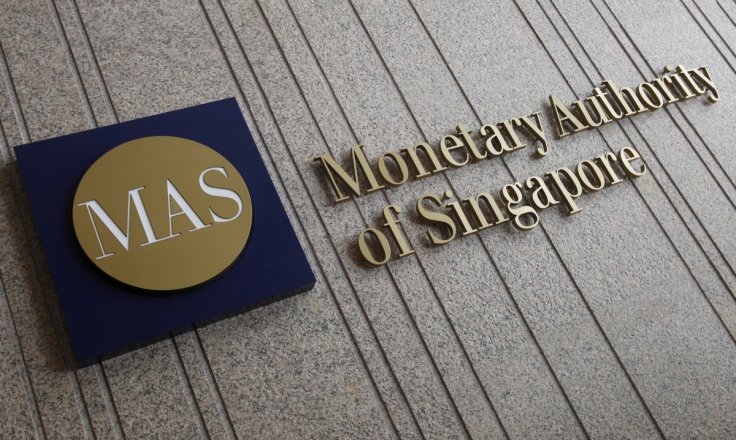Singapore's core inflation rose to 3.6 percent year-on-year in May, hitting the highest level in 13 years. Inflation spiked from 3.3 percent recorded in April, driven by rising prices of food and utilities.
Core inflation excludes accommodation and private transport costs. Meanwhile, overall inflation increased to 5.6 percent year-on-year in the last month, rising from 5.4 percent in April.
Importantly, the Monetary Authority of Singapore (MAS) and Ministry of Trade and Industry (MTI) said there were heightened risks from geopolitical and pandemic-related shocks. The report also added that core inflation was on course to rising further in the coming months.

"With private transport and accommodation inflation expected to stay firm in the near term, headline inflation will pick up by more than core inflation this year," MAS and MTI said, according to the Channel News Asia.
External Inflationary Pressures
Releasing the data, the MAS and the MTI said external inflationary pressures remained strong owing to geopolitical tensions.
"In the near term, heightened geopolitical risks and tight supply conditions will keep crude oil prices elevated ... Prices of other commodities, such as food, are also expected to stay high amid supply-demand mismatches, as well as disruptions to global transportation and regional supply chains," the institutions said.

Food Inflation at 4.5%
According to the data released by MAS and MTI, food inflation rose to 4.5 percent in May from 4.1 percent in April. Electricity and gas prices rose sharply, while prices of retail and other goods also increased. Other segments that saw a spike in inflation are clothing and footwear, personal effects and personal care products. There was also a notable increase in housing rents and private transport costs.
The report also said the domestic labor market will remain tight, which will support a firm pace of wage increases. "Alongside improving demand, a greater pass-through of accumulating business costs to consumer prices is likely to occur, thus keeping core inflation significantly above its historical average through the year," MAS and MTI said.








